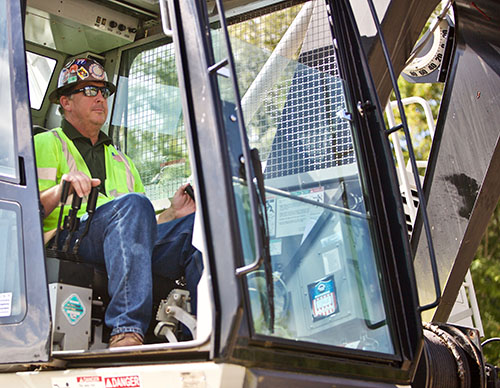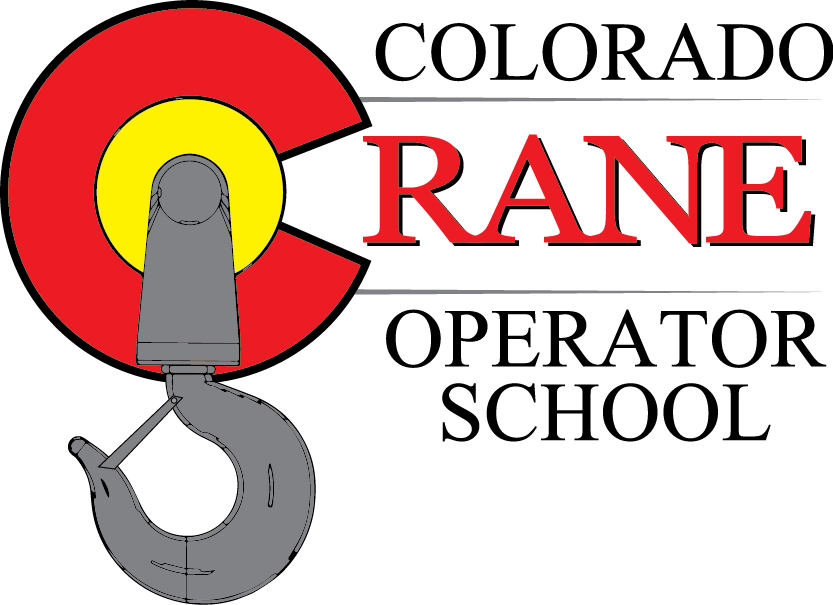It’s Not Worth the Wait
The latest delay in the crane rule is no excuse to postpone certification..
December 5, 2017—Federal OSHA has delayed its crane operator certification requirement for another year. It’s not the first time the industry has had to come to terms with an extension of this rule, but, in the minds of most safety-conscious professionals, it certainly needs to be the last. Why? Because every day that goes by without the rule in place means another day where those working around cranes—and even the general public who daily navigate around construction sites in city after city across the country—are being put at greater risk of a crane incident that need not have happened.

Although OSHA has postponed its operator certification requirement, employers still have to ensure their operators are trained. The only sure way of knowing if that training has been effective is through an accredited certification program such as CCO.
But what does the delay that will give OSHA the time it says it needs to fix the rule mean for employers who have not yet taken the plunge and had their operators certified? Well, one thing it should not mean is to procrastinate any longer. There are so many reasons why this is such a bad idea, but here are just five:
1. You still have to train your operators.
No matter what, as an employer you still have to ensure your operators are trained to operate the equipment you assign them to. So, having made that investment, why not find out if that training has been effective? The only sure way you can do that is having their knowledge and skills tested through a professionally developed, OSHA-recognized, ASME-compliant accredited certification program such as CCO certification from NCCCO.
2. You still have the responsibility to ensure your operators are qualified.
While certification cannot by itself determine if your operators are qualified, it can go a long way towards it. Other tools in the employer’s “qualification toolbox” will include determining how much (and what type) of experience your operators have, what their safety record is, and whether they are familiar with the specific model of crane—even the actual crane in a particular configuration—you want them to run. Combine this with the assurance they have the essential knowledge and skill to operate a crane that comes from accredited certification, and you have a powerful assessment package that can ensure the right operator is matched with the appropriate machine.
3. You can’t know what you don’t know.
It’s an old saw but so true…you really can’t know from simple subjective evaluation whether an operator has what it takes to operate a crane safely. Only professionally developed certification can do that. And relying on an operator’s attestation is not only unscientific but unfair on the operator; he (or she) may have a sincere but unrealistic sense of his or her ability. You don’t want to find out the limitations of that opinion the hard way.
4. You’re paying higher insurance premiums.
Like it or not, with all major insurance companies endorsing accredited certification, there are fewer and fewer ways of avoiding certification. Insurance firms differ in the “encouragement” they provide to employers. For some, it’s a discount on annual premiums for those that employ certified crane operators. For others that do not, it’s simply declining to write a policy at all. Whatever form it takes, such support for certification from the nation’s insurers ought to send a powerful message to even the most certification-averse employers. And think about it: Why would so many underwriters whose business is the mitigation of risk put their stamp of approval on certification if it wasn’t effective in reducing accidents and incidents related to cranes?
5. You’re missing out on work.
With so many general contractors, project owners and facilities across the country demanding crane operators who come onto their jobs be certified, the opportunities for uncertified operators are dwindling. And that means their employers face the real possibility of losing work to competitors who have had the foresight to step up and make this investment. An added bonus for those that do is that, in the process, they send the message to would-be clients that they are not just in the crane business, but the safety business also.
Of course, if you live in one of the seven cities and 16 states* that require crane operators to be certified and/or licensed, or work in an area of the country where certification has become an essential component of doing business, all this discussion is moot. You already have an obligation to comply with whatever process the jurisdiction or the market requires. In the vast majority of cases, that will mean CCO certification.
So, why wait? The safety benefits that accrue from the professionally developed, accredited certification that has been available now for more than two decades are so compelling, it just doesn’t make any sense to delay embracing it a day longer. The wait simply isn’t worth it.




